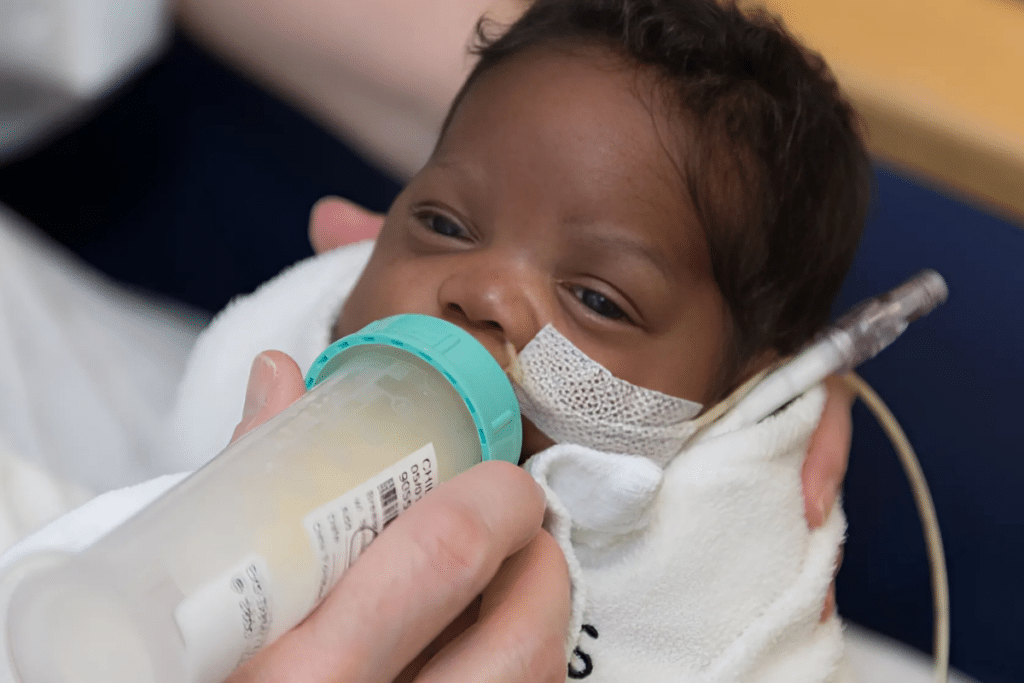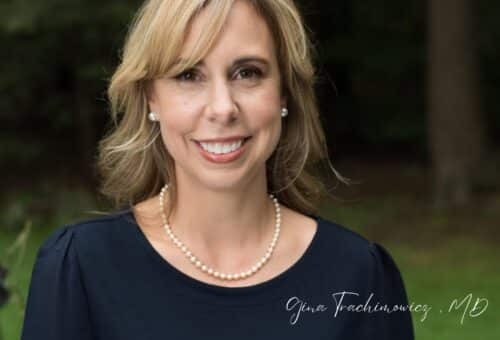
The nonprofit difference – let’s talk about it . . .
Mothers’ Milk Bank Northeast is an accredited nonprofit milk bank. Who needs us and why? Read on to find out . . .
What is a milk bank?
A milk bank works with generous parents who have more milk than their own baby needs. In some cases these families may have lost their baby. These parents consult with our professional health screeners who review medical histories and personal practices to determine whether they can safely donate milk. A blood test for infectious diseases and a doctor’s approval are also required for approval.
Once received, the milk is pasteurized and screened for bacterial growth before being distributed.
So, what is the nonprofit difference, and why does it matter?
Nonprofits focus on mission, not profits.
Mothers’ Milk Bank Northeast works to ensure that safely screened donor milk is available, first to the medically fragile preterm babies in hospital NICUs who require it and then, when supplies allow, to families needing lactation support.
Milk donors are never recruited nor compensated for their gift of milk. This helps ensure that the biological baby receives all the nutrition they need first, a key public health tenet. Keeping financial incentives out of the equation also encourages full transparency on the medical screenings and reduces the risk of someone adulterating the milk to increase volume. Both the milk donors and the staff are here for the same reason, to help babies who need donor milk to grow and thrive, receive it safely.
Preemies need donor milk . . .
Babies who are born early and are very low birth weight require human milk as their nutrition to protect them against serious and sometimes fatal medical conditions.
The vast majority of hospital neonatal intensive care units procure donor milk for their tiny charges from accredited nonprofit milk banks, using this when a mother’s own milk is not available. This vital medical resource is known to be very safe and highly beneficial.
A bridge to breastfeeding . . .
Donor milk is also increasingly used as a “bridge to breastfeeding.” If a parent wishes to breastfeed their child(ren) but their milk supply is slow to develop, the use of donor milk as a supplement, instead of formula, can lead to better breastfeeding outcomes. In turn, this leads to enormous health benefits for both mothers and babies.
It is estimated that for every $1 invested in donor milk, there is a $37 savings in future health care needs.
What are the health and safety standards for nonprofit milk banks?
The gold standard for nonprofit milk banks is accreditation by the Human Milk Banking Association of North America. This accreditation is trusted by major hospitals nationwide for its stringent safety standards and careful auditing protocols.
Milk banks must also register with the FDA – after all, milk is food! Regional health authorities also regulate milk banks.
Additionally, accredited milk banks are required to have a qualified medical director who oversees all clinical aspects of the work. Mothers’ Milk Bank Northeast is fortunate to have neonatologist Dr. Gina Trachimowicz as our medical director. We also have a pediatrician, two lactation consultants, and a second neonatologist on our Board of Directors.
The nonprofit difference – it’s bigger than you think . . .
When it comes to providing what is often life-saving donor milk, the nonprofit difference is clear. Whether it’s protecting the health of premature infants or supporting families on their breastfeeding journey, our commitment to safety, transparency, and the well-being of babies drives everything we do – not profit. For us, this work is about so much more than milk. It’s about building families, futures, and hope.
Become a milk donor, become a lifesaver . . .
Learn more about our safe, simple, and streamlined process here.






